What is DSA?
Democratic Socialists of America (DSA) is the nation’s largest socialist organization, with over 95,000 members in chapters in all 50 states. We are a “big-tent” political organization open to everyone who shares the socialist vision of building a better world beyond capitalism.
DSA has its roots in the Socialist Party of America (SPA), whose most prominent leader was Eugene V. Debs. In 1973 DSA organizer Michael Harrington formed the Democratic Socialist Organizing Committee (DSOC). In 1982, that group merged with the New American Movement (NAM), to form DSA. Over the next 35 years, national DSA membership remained close to 7,000, but after the first election of Donald Trump, membership exploded and has kept growing ever since.
What does DSA do in Portland?
Founded in 1982, the local chapter has worked hard to develop member organizing capacity, which has helped to win big battles for justice and working class power in the city. Members spearheaded the 2020 Universal Pre-K for All campaign, which provides vital resources for kids and parents across the Metro. Members helped to organize the local arm of the successful BDS campaign in 2024 to force Intel Corporation to stop a $25 billion chip-plant expansion in Israel, just miles from Gaza. Members just like you knocked doors across the city to help elect socialists to the new Portland City Council. Your local chapter has member-led working groups that focus on Housing, Ecology, Palestine Solidarity, Labor Organizing, Racial Justice, and Community Resiliency.
What Exactly is Socialism?
Socialism is the moral and political belief that the world can and should be a place that provides for everyone. Socialists like you are building a future where human equality and prosperity are achieved through a society based on radical democracy, in which our lives are sustained by a cooperative economy under popular control. Despite what some opponents say, socialism isn’t just, “free stuff for everyone” or, “the government owning everything.” Socialism is a system to collectively manage and equitably distribute our shared resources. Socialism is a world built for the many, and not just the privileged few.
Socialists identify Capitalism as the source of society’s problems. Capitalism prioritizes private ownership and individual enrichment over the common good, meaning a tiny elite class enjoy massive wealth and luxury built on the work done by everyone else. While the traditional liberal vs. conservative political perspective blames social problems on things like individual choices and the size of government, socialism calls out the systemic exploitation and anti-democratic power of capitalism as the foundation for the rampant inequality and oppression plaguing our world. The rich 1% that control so much of our lives like to claim they have “earned” all of their wealth and power, while the reality is that it actually comes from exploiting the working-class majority. Capitalism is the problem, and socialism is the solution to it.
Poverty, militarism, climate change, racism, nationalism, sexism, and anti-LGBTQ bigotry are all empowered by Capitalism’s competition for unending profit. Since the ruling class has no interest in giving up its profits or its power, the only path to victory is an organized working-class movement big enough to take them on! Portland DSA is dedicated to this goal of bottom up working-class power. As a volunteer-run and volunteer-funded organization, DSA depends on the commitment, ideas and vision of its members. Regardless of capacity, experience, or skill level, everyone has a part to play in this fight.
Introductory Videos and Readings
Here’s a useful and concise summary of what socialism is from the editors of Jacobin magazine: The ABC’s of Socialism (PDF, 11MB)
Below is an hour-long, locally produced lecture on socialism; you can find more of Portland DSA’s “Red Talks” on our YouTube channel. Also of potential interest is the brief Angela Davis speech below, which touches on intersectionality in the struggle for democratic socialism and her outlook in 1994 (transcript).
